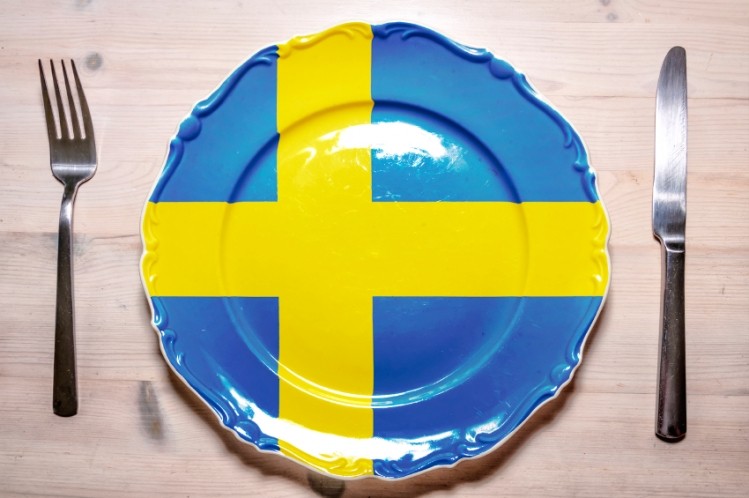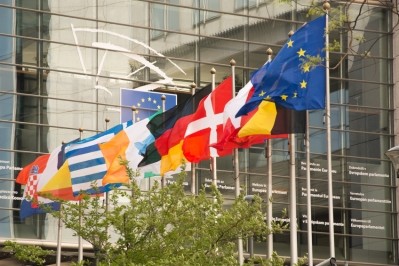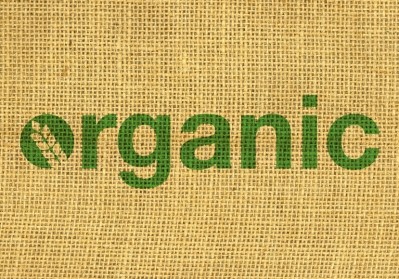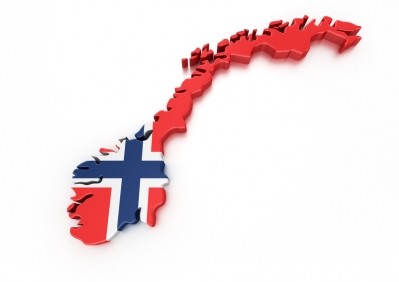Sweden probes competition in food chain

The Riksdag has asked the country’s Competition Authority, the Konkurrensverkert, to launch investigate trading standards in the food sector. The probe will examine “the occurrence and consequences” of unfair trading practices (UTPs) as well as “several” other issues impacting the food chain, a spokesperson for the authority confirmed.
“Our investigation covers analysis of the whole food chain in Sweden, from agriculture to the consumer market. [The aim] is to survey and analyse conditions that restrict the competition on the Swedish market for food and agricultural products,” the spokesperson told FoodNavigator.
The investigation will run over the course of a year and is scheduled for completion on 21 June 2018.
A Swedish Food Strategy
The move is part of the newly approved Swedish Food Strategy, which aims to deliver “a long-term sustainable and competitive food chain”.
To this end, the Riksdag - Sweden's parliament - backed the government’s proposal for a national food strategy that aims to ensure “good business conditions” for the “entire food chain”.
Under the proposals, regulators will not only assume an oversight role to ensure adherence to the rules – they will also be required to “facilitate and support” businesses in the food chain. The government wants to make it easier for consumers to make “sustainable” choices and to deliver an “effective and predictable” authorisation processes for food manufacturers.
The introduction of the food strategy was welcomed by food manufacturers’ association Livsmedelsforetagen. CEO Anders Canemyr said it is “gratifying” that the strategy – the culmination of a multi-year effort – has been adopted.
“Food companies have made great efforts to make politicians realise how important it is to promote the entire food chain, to make it easier to export and that the authorities support food businesses, not just [regulate] them,” he observed.
The Livsmedelsforetagen will now work in collaboration with the government to ensure the policy is adopted in a “good way” to reach the goal of overall goal of promoting “a long-term sustainable and competitive food chain”, Canemyr added.
Europe focusing in on UTPs
Competitive pressures in the food chain have increasingly been drawn into the spotlight in Europe. As part of its 2017 Work Programme, the European Commission has targeted improved transparency and more equitable distribution of value in the food supply chain.
In order to achieve this, the EC is examining the “differences in bargaining power between smaller and thus more vulnerable commercial operators” and their economically stronger and “highly concentrated” commercial partners downstream.
The European Parliament has asked the EC to act on UTPs in the grocery sector, and regulators launched an Inception Impact Assessment in July.
“The objective of policy action in the field of UTPs would be to strengthen governance of the food supply chain by preventing undue pressure on weaker operators in the chain including farmers that could affect their commercial viability,” the EC said.
Sweden’s national action is being conducted entirely separately from the EC’s investigation and any policy update arising from it would be introduced at a national level.
Sweden is not the first European nation to look at competition in the grocery supply chain. The UK introduced a Grocery Supply Code of Practice, which aims to detail how retailers should manage relations with their suppliers. The Groceries Code Adjudicator was set up as an ombudsman to investigate breaches of the code in 2013.


















